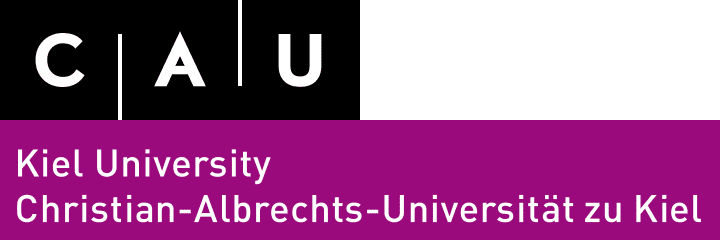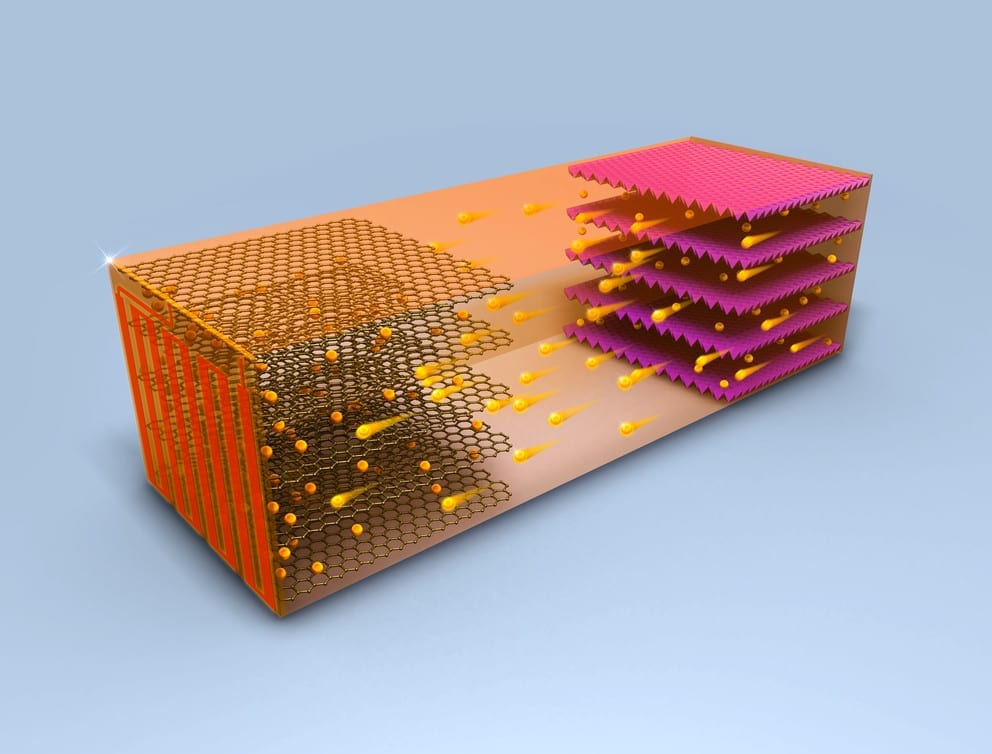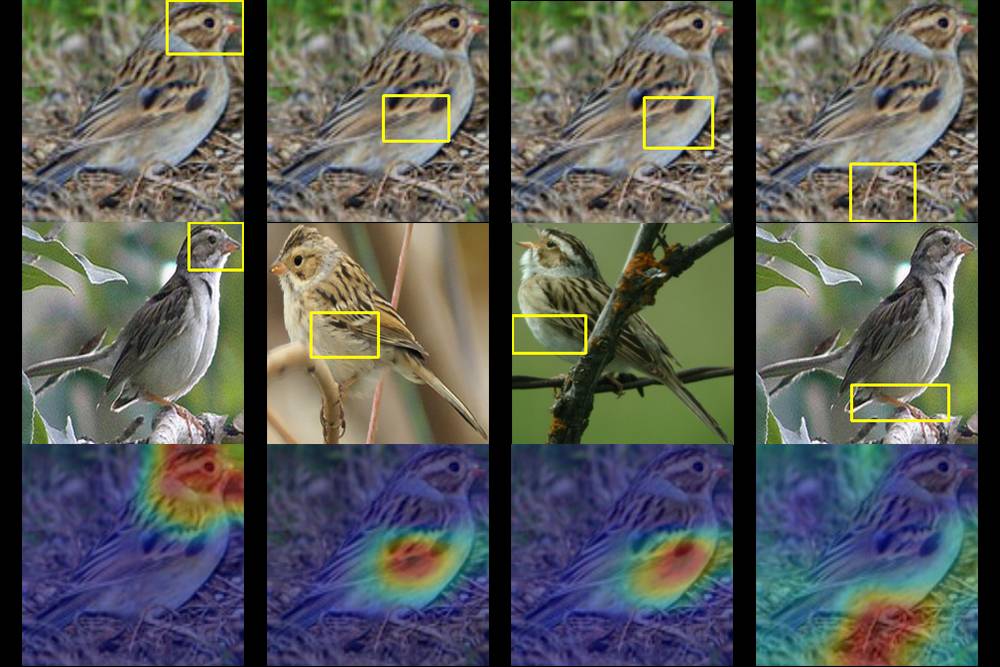
The University of Kiel, officially the Christian-Albrecht University of Kiel, (German: Christian-Albrechts-Universität zu Kiel, abbreviated CAU, known informally as Christiana Albertina) is a university in the city of Kiel, Germany
The Latest Bing News on:
University of Kiel (CAU) Research
- Studies assess feasibility of aquaculture wastewater treatment methods
In the 2023 study, Simsek and his co-authors evaluated electrocoagulation (EC) and electrooxidation (EO) treatments of shrimp wastewater, both separately and together. EC and EO, widely used methods ...
- Using Graduate Student Research as an Effective Recruitment Tool
Students in the Mechanical Engineering and Materials Science Department presented research on a range of topics to show prospective candidates what’s possible at Duke.
- New AI Guidelines Aim to Help Research Libraries
The new list of seven principles support librarians increasingly bombarded with questions about artificial intelligence.
- UI College of Pharmacy announces second dean candidate
Alongside her role as a distinguished professor, Chui is the director of the Sonderegger Research Center for Improved Medication Outcomes. Chui also serves as co-director of the University of ...
- USC Scientists Rewrite Kidney Research With Groundbreaking Cell Cultivation
Researchers at USC have advanced kidney research by developing a new method to cultivate nephron progenitor cells from human stem cells. This method simplifies the process and enhances applications in ...
The Latest Bing News on:
University of Kiel (CAU) Discovery
- Unraveling the roles of non-coding DNA explains childhood cancer’s resistance to chemotherapy
The discovery was enabled by combining new technologies to overcome ... Bloomfield Center for Leukemia Outcomes Research; Elias Jabbour and Steven Kornblau, University of Texas MD Anderson Cancer ...
- Kill the sun! How wild thought experiments drive scientific discovery
My colleagues call me a supervillain for trying to destroy the cosmos, but this kind of imaginative thinking isn't so far from what scientists do, says space reporter Leah Crane ...
- Scientist makes worrisome discovery after playing back audio recording from his trip to state park 3 decades ago: 'The changes are profound'
"I've got an hour of material with nothing, at the high point of spring." Scientist makes worrisome discovery after playing back audio recording from his trip to state park 3 decades ago: 'The changes ...
- Accelerating the discovery of new materials via the ion-exchange method
Researchers have unveiled a new means of predicting how to synthesize new materials via the ion-exchange. Based on computer simulations, the method significantly reduces the time and energy required ...
- Researchers identify abrupt epigenetic aging of the colon
DNA methylation data provide extremely accurate age predictors, but so far, little is known about the dynamics of this epigenomic biomarker over the course of life.









